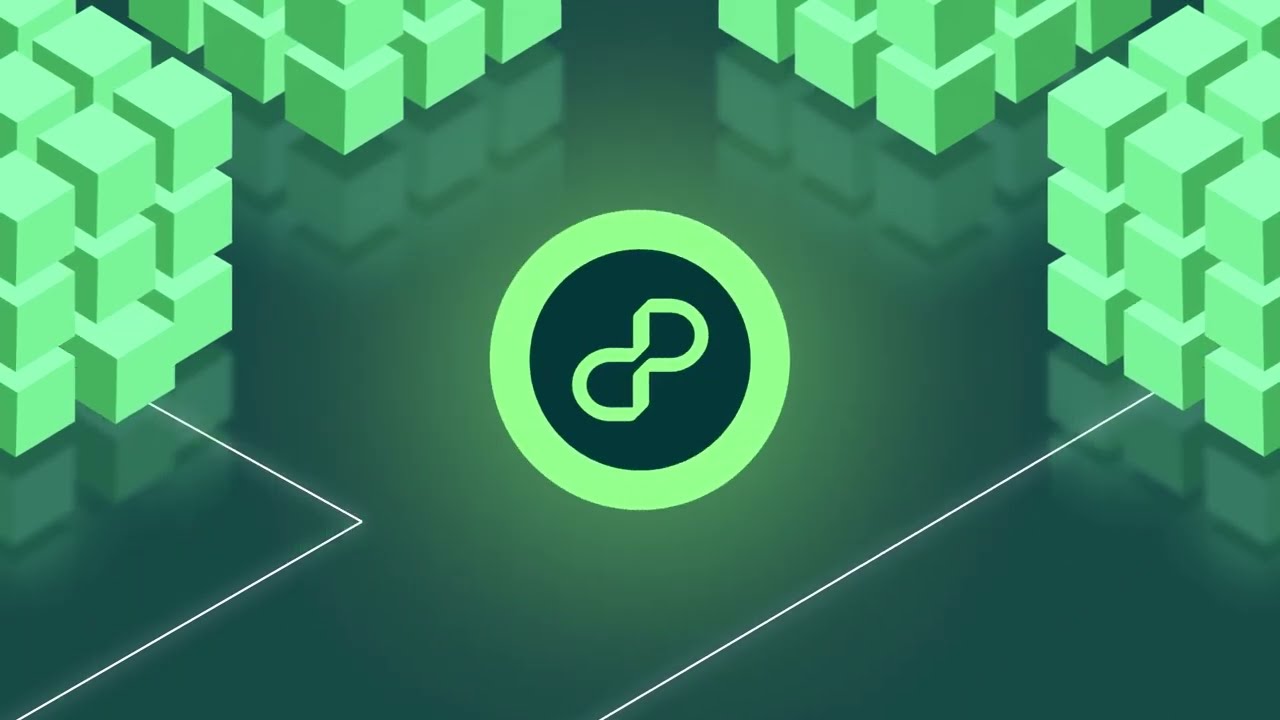Parfin, a financial technology company, has developed a novel blockchain system that will serve as a privacy solution for the Brazilian CBDC, dex
The new blockchain, Rayls, will be able to operate permissioned and connect to other public blockchains through the Rayls Public Chain, a native Ethereum layer two (L2).
Parfin Develops Rayls to Improve Privacy for Brazilian CBDC Parfin, a financial company specializing in blockchain and crypto, has recently announced the development of a new platform called Rayls. The platform’s primary objective is to improve the privacy of the Brazilian central bank’s digital currency, dex.
The solution can be operated in a permissioned manner, requiring all accounts that interact with the system to complete Know Your Customer (KYC) procedures. Nevertheless, the blockchain also incorporates Rayls Public Chain, which enables interaction with other open cryptocurrency projects as an Ethereum L2.
Parfin posits that this duality may facilitate the integration of regulated entities, such as banks and other institutions from the traditional financial world, with the new decentralized finance world.
The new arrangement replaces Parchain, Parfin’s previous blockchain, developed as a tool for tokenizing regulated institutions.
“There is a barrier between the world of traditional finance and what we call DeFi, which takes place on public blockchains,” stated Alex Buelau, co-founder of Parfin. According to Buelau, this is how Drex operates, which employs Hyperledger Besu, a permissioned blockchain system, and is separate from public chains such as Ethereum and Solana, where innovation occurs.

Nevertheless, integrating conventional digital and blockchain-based financial solutions may be feasible if this obstacle is overcome. Rayls will be evaluated in conjunction with Microsoft ZKP Nova, an additional solution, to serve as a component of the privacy net that safeguards the information of Brazilians who conduct transactions using Drex. However, Buelau thinks the pilot will exclusively employ Rayls’ authorized portion.
The Central Bank of Brazil postponed the Drex pilot to 2025 in May due to the inadequacy of the privacy solutions proposed by third parties. The bank asserted that these privacy proposals lacked the “requisite maturity to ensure adherence to all legal requirements and concerns regarding the protection of citizens’ privacy.”



